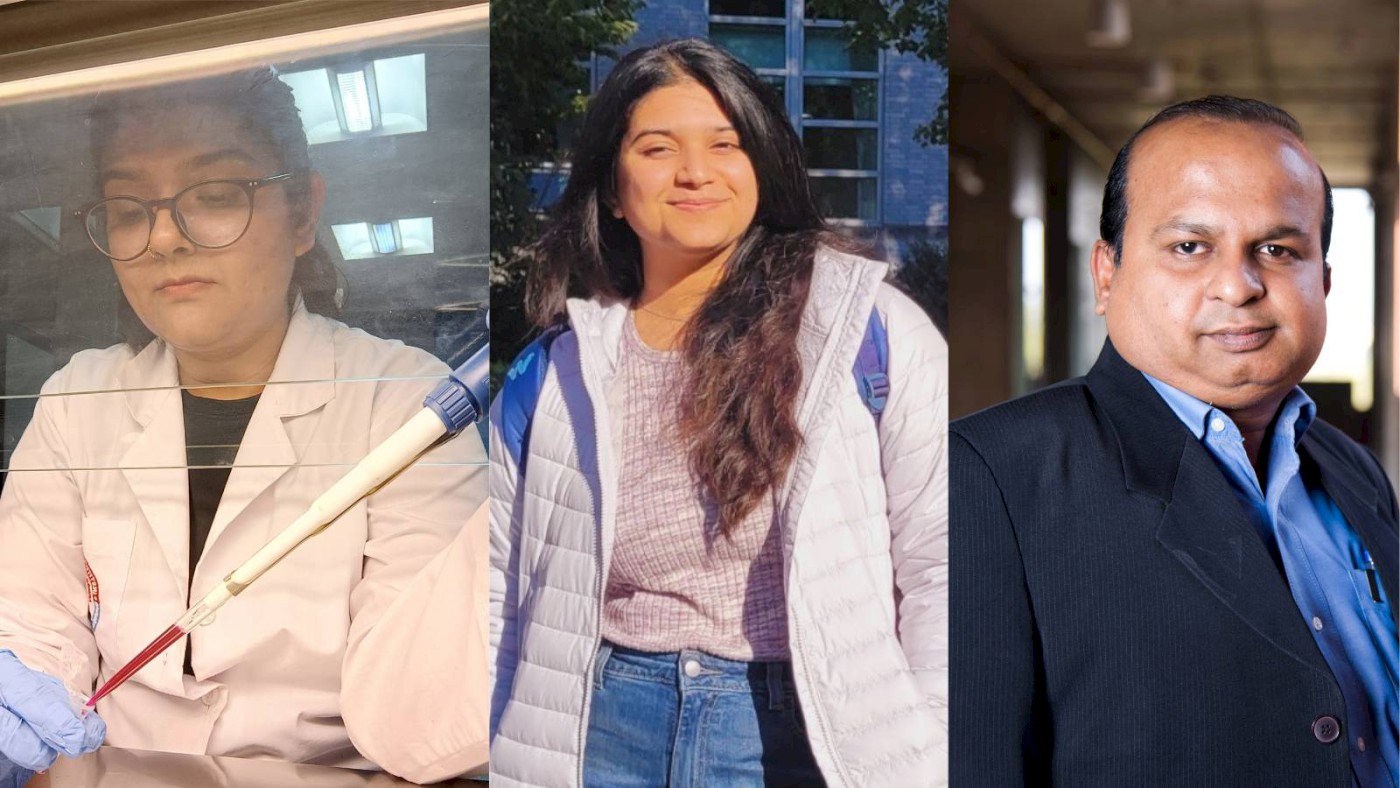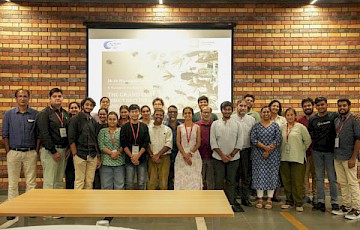29 January 2025
Ahmedabad University Student Develops New Forensic Tool To Address Forensic Challenges

Integrating nanotechnology with Polymerase Chain Reaction (PCR) can help solve major challenges in forensic DNA analysis, especially when working with degraded, contaminated, or trace samples. While PCR has revolutionised forensic science, it still faces limitations when dealing with such complex samples.
A recent study by Ahmedabad University's doctoral student Kamayani Vajpayee in collaboration with alumna Vidhi Paida (BS (Hons) Class of 2024), revealed that the integration of nanotechnology with PCR - Nanoparticle-assisted PCR (NanoPCR) can enhance DNA amplification by improving sensitivity, selectivity, and efficiency. Nanomaterials like semiconductor quantum dots and metal nanoparticles help DNA bind more effectively to primers, stabilise enzymes, and conduct heat efficiently. This makes it possible to amplify DNA accurately, even from compromised samples.
The study, conducted under the guidance of Ritesh Shukla, Associate Professor at the School of Arts and Sciences, showed that the advancements have great potential for forensic applications, allowing for more accurate analysis of smaller, polluted, or degraded samples.
The study, 'Nanoparticle-Assisted PCR: Fundamentals, Mechanisms, and Forensic Implications,' published in the International Journal of Legal Medicine, also highlights challenges related to validation, standardisation, and ethical concerns. It calls for ensuring that NanoPCR techniques are rigorously tested and standardised for credibility in forensic casework.



